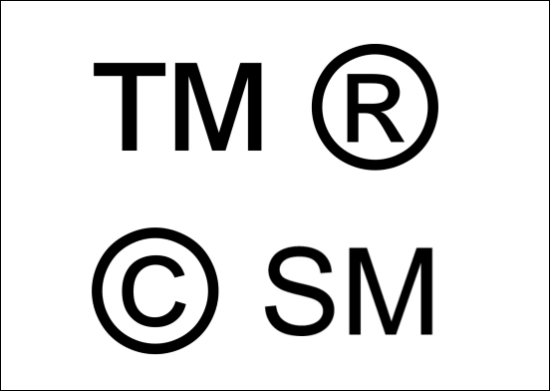A recent intellectual property law suit in Australia (Accor Australia & New Zealand Hospitality Pty Ltd v Liv Pty Ltd) has changed the existing case law on the unauthorized use of trade marks in meta tags (e.g. meta description, keywords and content) incorporated in the website’s source code to describe goods and services offered by a company. This latest legal judgement has overwritten the previous case law and increased the risk of possible trade mark infringement for organizations that use third party trade marks (without prior authorization) in their online marketing efforts and activity to influence their own organization’s search engine results and rankings. It is important to note that this case law holds true even if an organization did not directly make the changes to include a third party trade mark within their online marketing activity but outsourced it to a consultancy firm (such as a website agency or an IT firm) as they are ultimately responsible for their own website.
An overview of the Accor Australia & New Zealand Hospitality Pty Ltd v Liv Pty Ltd case is as follows:
- Cairns Harbour Lights Pty Ltd, a company based in Cairns, Queensland, Australia managed the on-site letting of apartments in Cairns and owned the trade marks HABOUR LIGHTS and CAIRNS HARBOUR LIGHTS for accommodation letting and rental services.
- Liv Pty Ltd was an off-site letting agent in the same complex trading under the business name “Harbour Lights Property Management and Sales” and held the domain names cairnsharbourlights.com.au and harbourlightscairns.com.au.
- The judge found that Liv Pty Ltd infringed third party trade marks by using the term HARBOUR LIGHTS in the source code of its website as follows: “content: = Harbour Lights Apartments in Cairns offer luxury private waterfront apartment accommodation for holiday letting and short-term rental”
A customer browsing a website would not see the meta data (unless they specifically looked it up by viewing the source data) and thus the meta data is effectively hidden in the back end of an organization’s website. This fact did not influence the court’s decision in this case and this is how this case law differs to the previous judgement on the same subject matter. This case therefore should act as a useful reminder for all organizations to be mindful of using third party trade marks in their own website data for marketing activities.
The full case can be read here: http://bit.ly/2huzXDa.
Source: http://buff.ly/2uw87sX

